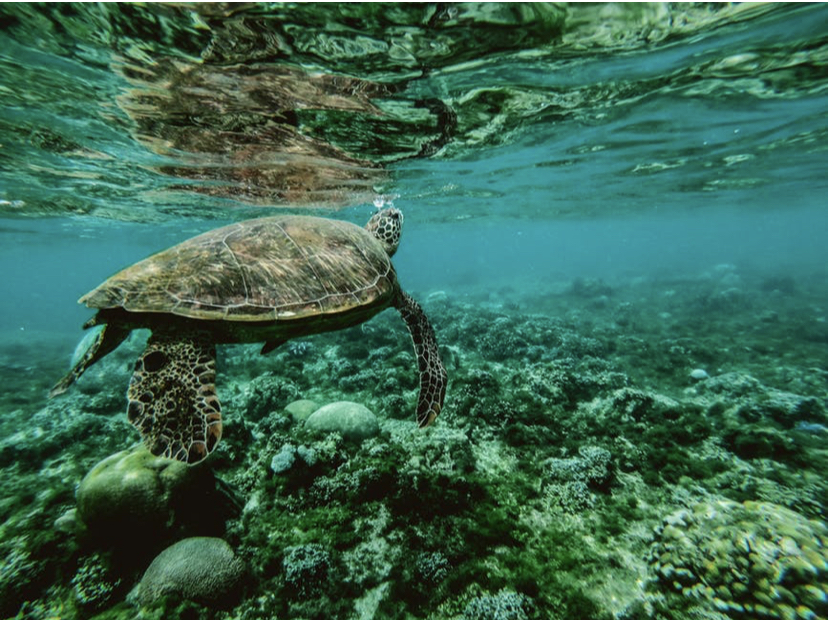Ocean Cleanup Initiatives: How You Can Make an Impact
Ocean Cleanup Initiatives: How You Can Make an Impact

With the world becoming more conscious of the waste we produce, many are starting to become proactive by cleaning up the waste we have already created. Plastic waste is destroying our oceans, and scientists estimate that over 100,000,000 metric tons of plastic have been discarded into the ecosystem.
Most of these plastics are single-use items like water bottles, containers, and straws. These plastics are non-biodegradable, meaning they can last in the oceans for thousands of years without breaking down. As humans, we are now attempting to fix our mistakes by cleaning up these plastics, resulting in a safer environment for marine life and people alike.
How has ocean pollution impacted marine life?
The trash we have discarded into the oceans around the world is changing marine life as we know it. Animals are becoming entangled in the plastics we throw away, making it impossible for them to swim, eat, and survive.
The trash we throw away has also produced harmful chemicals within the marine ecosystems, smothering coral reefs and poisoning the marine life that inhabits the reefs. While many of these effects are not evident to humans, one effect that can clearly be seen is the amount of pollution washing up on local beaches.
The pollution deep within the ocean might be hard to reach for the average person (it will take responsible use and recycling efforts to reduce this pollution), but the trash that litters our coasts is something that everybody can make an effort in reducing!
Organizing an ocean cleanup
Ocean cleanups are a great way to do your part in improving the environment, and can also connect you with like-minded individuals who are passionate about preserving the marine life in your area. It can be challenging, but is definitely worth the effort, and can be a rewarding experience for all involved. If you’re unable to directly participate in an ocean cleanup, you can help out by buying an ocean cleanup bracelet.
The first step to organizing an ocean cleanup is to set a time, date, and location that the cleanup will take place. Once you have that established, it’s time to start recruiting people to help you! Recruiting people for an ocean cleanup can be done in many ways, and the more people you can get, the better. Social media can be a great tool to utilize when recruiting, and you can respond back to any questions that possible participants might have.
Another great recruitment tactic is to reach out to local businesses to see if they would offer personnel or aid to your cleanup efforts. Businesses are always looking for team building exercises that their employees can participate in, and ocean cleanup initiatives double as great PE for any business.
Once you have a sufficient amount of people for your cleanup, it’s time to think about what supplies you will need. Rakes, shovels, wheelbarrows, and other tools can be extremely useful in heavily polluted areas. Contact your local municipalities to see if they would be willing to lend you some tools, or get in touch with local home improvement stores to see if they can assist you.
After you have gathered the tools, personnel, and resources needed for your cleanup, you are ready to go! Just be sure to keep in contact with your local recycling municipality to ensure the waste you have gathered is responsibly moved, and doesn’t end up back where it started.
Existing ocean cleanups
If you don’t want to go through the process of organizing a cleanup, but still want to do your part towards cleaning up our oceans, there are many existing initiatives that you can join and participate in! This site has a great guide listing many different organizations that participate in ocean cleanups, and can help you find a cleanup in your area.
You can check with your local government for any cleanup initiatives they may be hosting, or join social media groups to keep an eye on any cleanup initiatives that are independently organized. However you decide to participate in ocean conservation efforts, the experience will be rewarding for you, and even more rewarding for the future of the environment!






